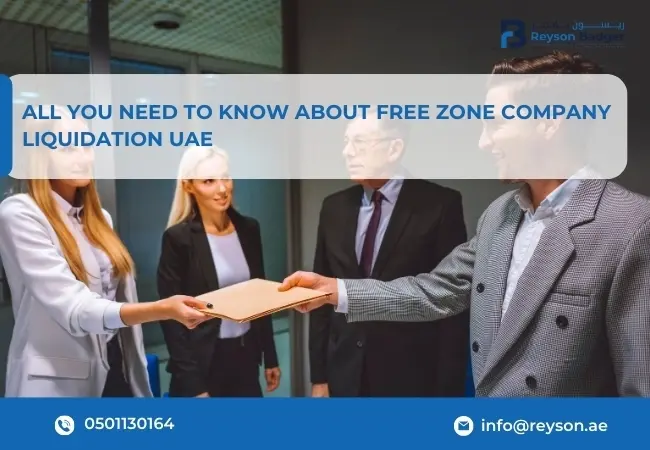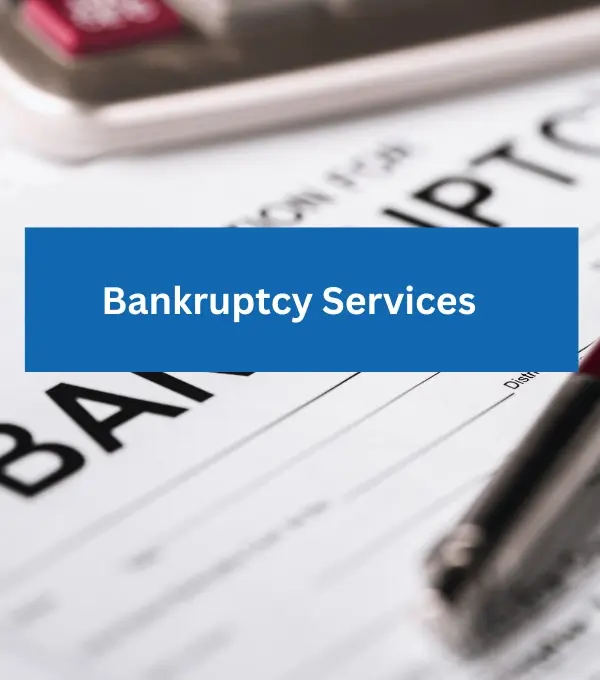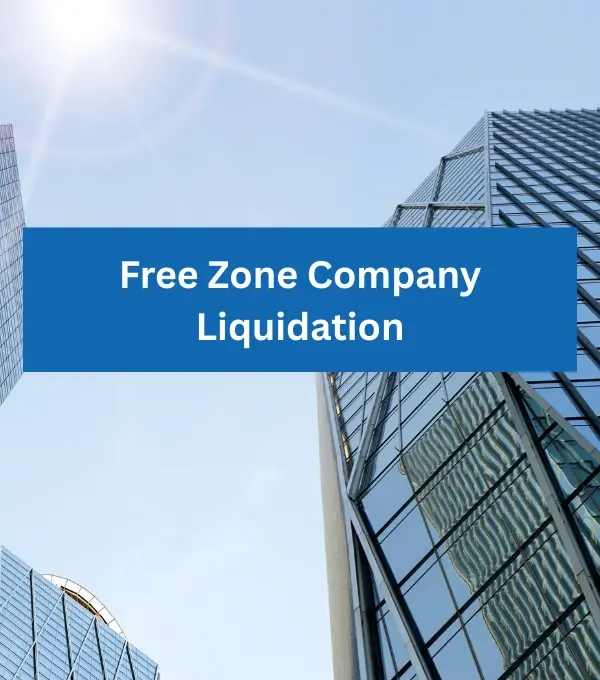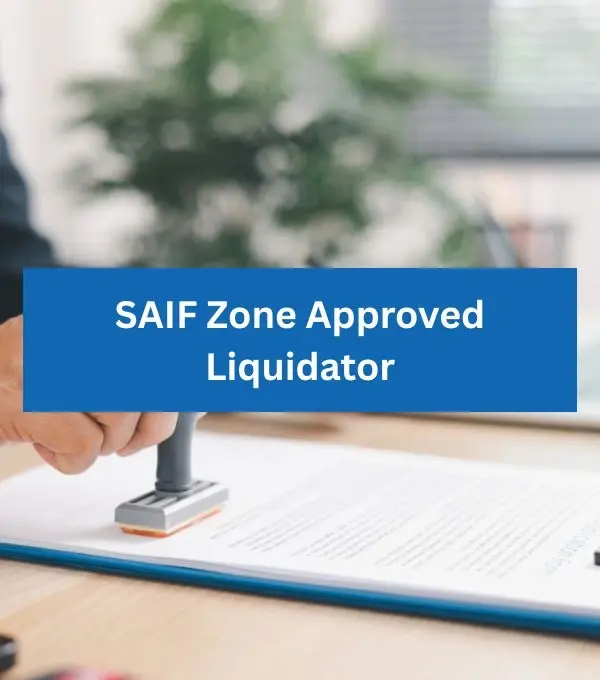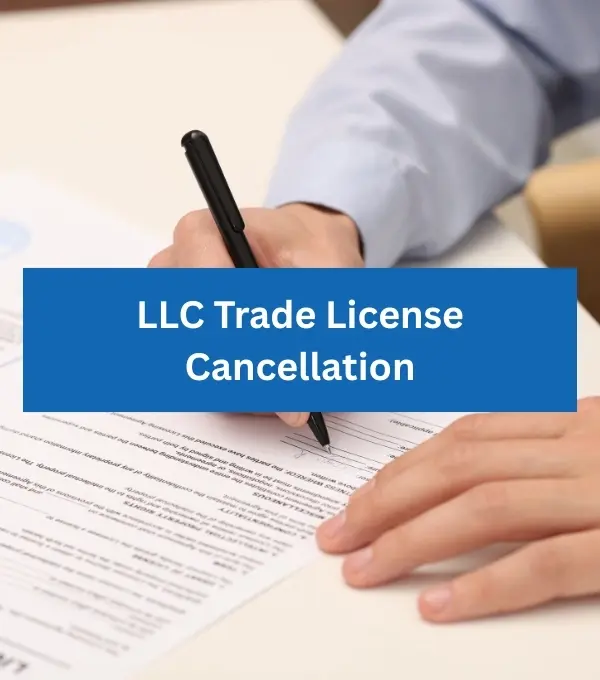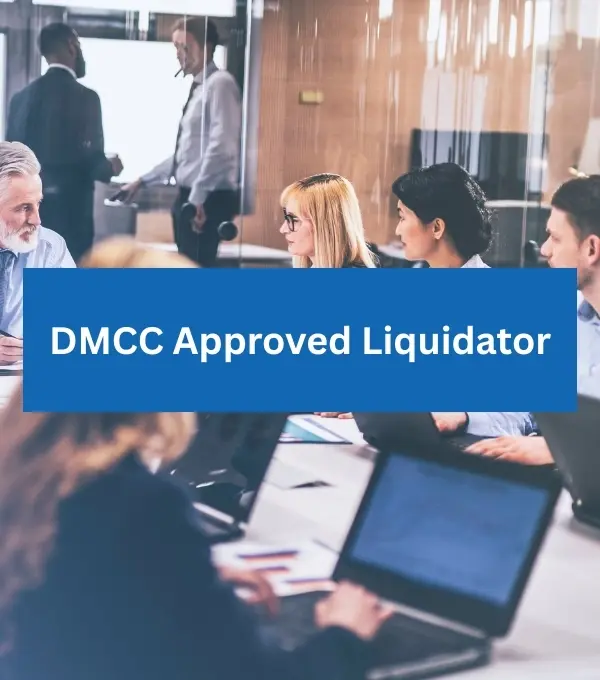
The UAE is a thriving business region in the Middle East that has seen rapid economic growth over the past several decades. Businesses and investors from all corners of the globe come to the UAE to form companies and take advantage of potential prospects. Due to the favourable business conditions in the region, newly-formed businesses are abundant. However, not all companies in the UAE prosper.
A variety of factors influence the prosperity and longevity of a company. When companies can’t keep up with these factors, it can lead to their eventual downfall. As a result, the company becomes a burden for the owner. But the owner can’t just abandon a business when they feel. Just as with setting up a business, there is a process to follow when closing one. The formal process of shutting down a company is known as liquidation and is particularly significant in the UAE. This blog will let you understand more about the Free Zone company liquidation process in UAE.
Types of Liquidation
There are two types of liquidation: mandatory and voluntary. Mandatory liquidation (referred to as creditor's liquidation) is a process enforced when a company needs to liquidate to cover its debt obligations. In contrast, voluntary liquidation is not imposed on a business by an external source; instead, the company has chosen to liquidate its assets to settle its debts.
Requirements for UAE Free Zone Company Liquidation
Companies in the Free Zones are subject to different rules and regulations than those in other parts of the UAE, and the process of liquidating a Free Zone Company is unique in each case. Free Zone company liquidation in the UAE is a complex process that requires knowledge of local laws and regulations. The procedure of liquidating a Free Zone Company in Dubai involves a set of steps that the business owner must take to ensure a hassle-free closure of their business in the UAE.
- There should be no liabilities for the firm.
- All the existing valid visas must be revoked.
- Close all business bank accounts.
- At the point of liquidation, any assets must be divided among the shareholders or given to an outside entity.
- You must pay all fees associated with the Free Zone authorities.
- The Free Zone authority must provide immigration clearance.
In order to liquefy a company, a dissolution document must be created, and a qualified liquidator must be appointed.
Liquidation Process in UAE
The company liquidation process involves dealing with creditors and shareholders ensuring all outstanding debts and obligations are met. It requires the appointment of a free zone liquidator who will manage the winding down of the company and confirm all assets are sold off properly. The liquidation process can be complicated and lengthy, but it is a crucial step for businesses to take to protect their interests. The process of closing a company in a Free Zone varies depending on the free zone authorities where the company is registered. Here’s the process of liquidating a UAE Free Zone business:
- Obtaining a board or shareholder resolution signed
A Board or Shareholder Resolution must be signed by all partners in order to shut the company formally. On the submission of termination paperwork, company directors' authority and responsibilities will cease.
- Officially notify the Free Zone authority
The free zone authority must be notified of the intention to cancel and supplied with a cancellation form. This must be accompanied by the original signed board resolution. Upon receipt of these, the free zone will issue a termination invoice to confirm the cancellation. Then, the firm will be legally dissolved upon receipt of the cancellation payment.
- NOCs & Clearances
All utilities such as DEWA and communications services (Etisalat ) registered under the company must be cancelled. A clearance letter must be acquired for each service; any commercial space registered in the company's name must also be terminated and a clearance letter received.
- Employees and Sponsorship
The company should cancel all visas and work permits issued to employees and their families. In the event of a business closure, employees must be provided two months' notice before their contract is terminated, as mandated by UAE labour law.
- Formal Announcement
It is essential to publish a 15-day formal notification in an Arabic newspaper/gazette announcing the company's closure. If no claims have been filed or resolved, the Free Zone authority must be provided with settlement documentation for confirmation of the closure.
- Confirmation
Once all the mentioned criteria have been met, the Free Zone authorities will issue the company termination certificate. It is important to bear in mind that the formal process of terminating a Free Zone business may take up to two months.
- Business Bank Accounts
The corporate bank account can be closed by taking the firm's termination letter to the bank. According to the board's resolution, the remaining balance in the account will be split among the former partners.
Conclusion
Reyson Badger, one of the top UAE-registered company liquidators in the UAE, assists companies in liquidating their businesses within any of the UAE's mainland regions or free trade zone. We, at Reyson Badger , understand that business owners face a difficult decision when it comes to liquidating their company. That's why we are committed to providing comprehensive liquidation services to help companies successfully liquidate their companies. We will assess your situation, provide advice and guidance, and work with you through every stage of the liquidation process. With our assistance, you can rest assured that you will be able to liquidate your business in the UAE without any hassle.
Contact us to today know more!
 The Federal Tax Authority (FTA) has announced that businesses must complete Corporate Tax registration within 90 days from the Date of Incorporation / MOA.
The Federal Tax Authority (FTA) has announced that businesses must complete Corporate Tax registration within 90 days from the Date of Incorporation / MOA.
